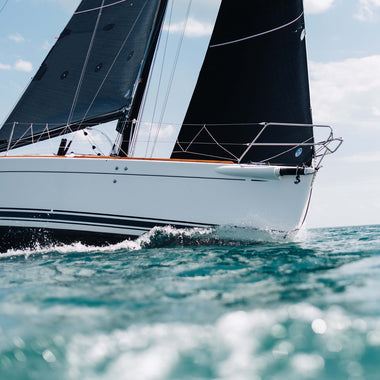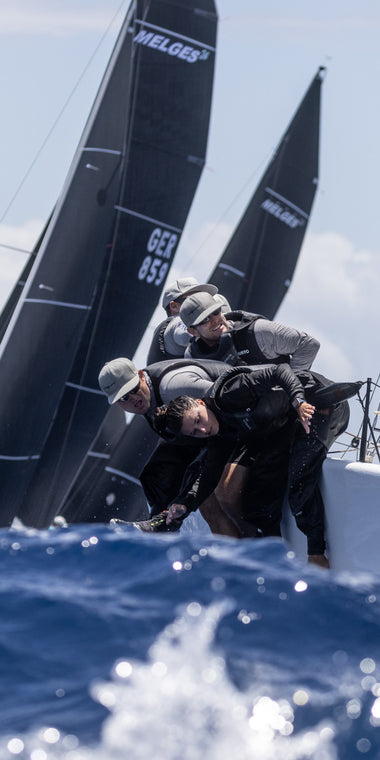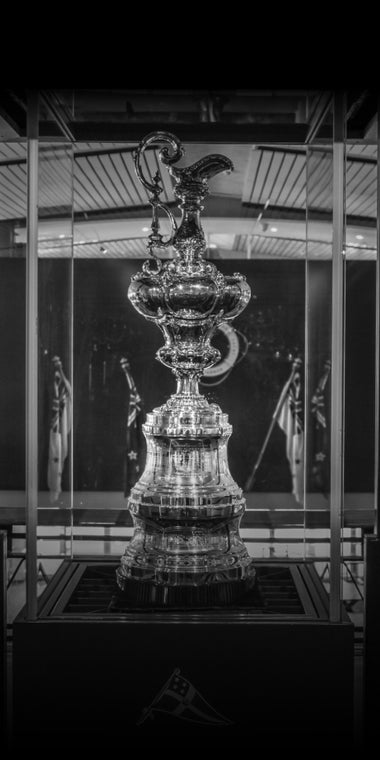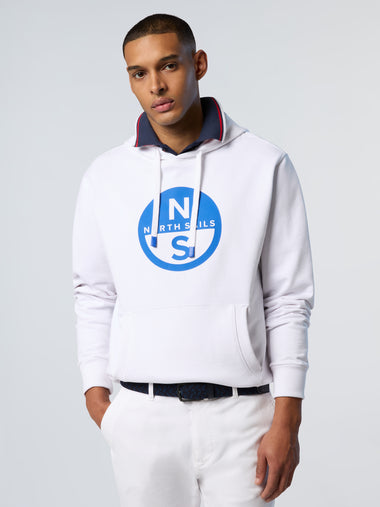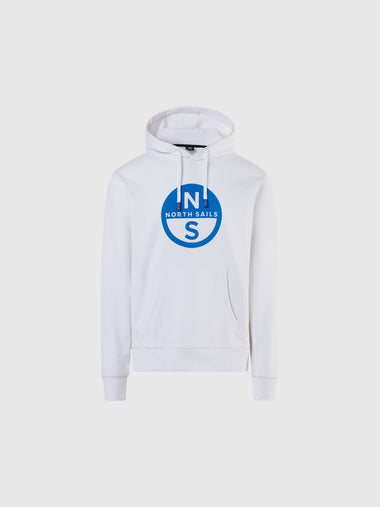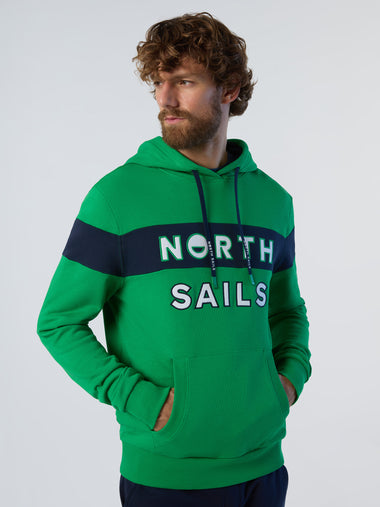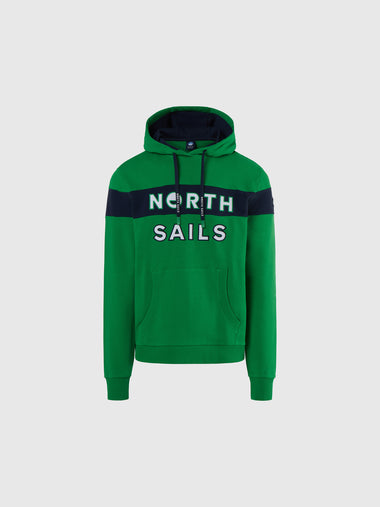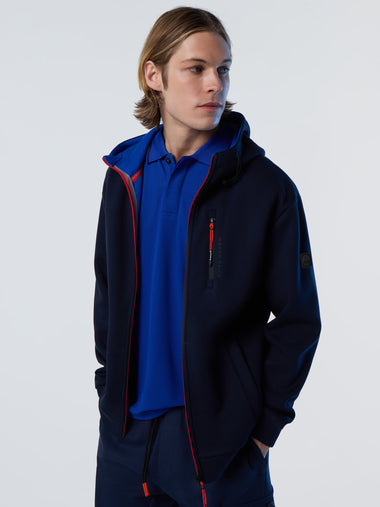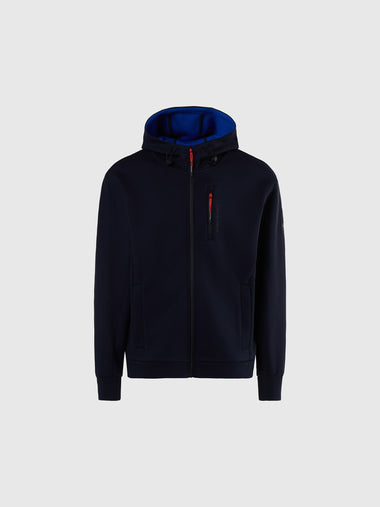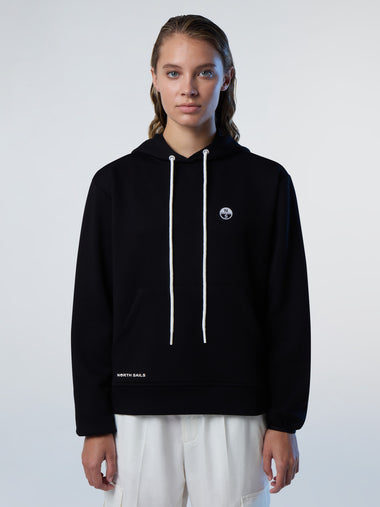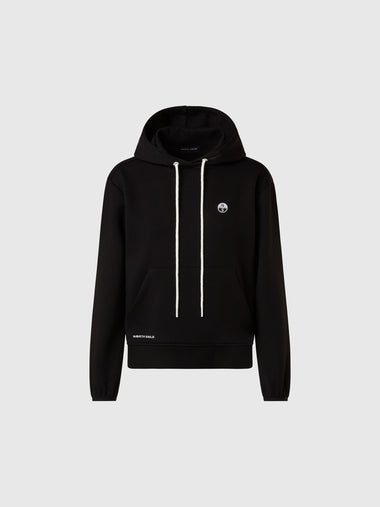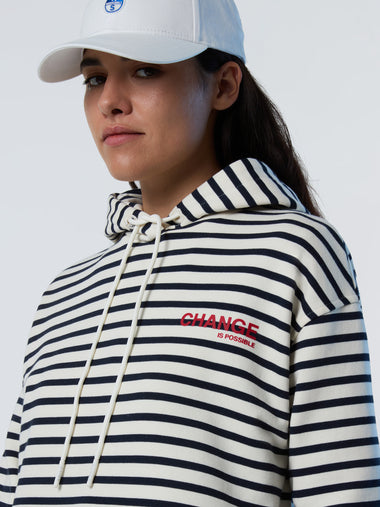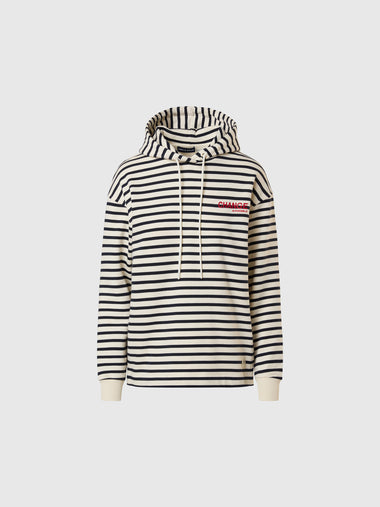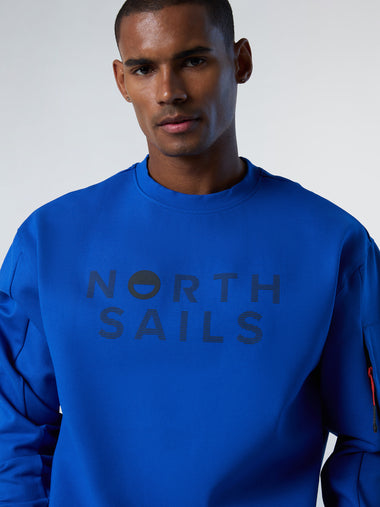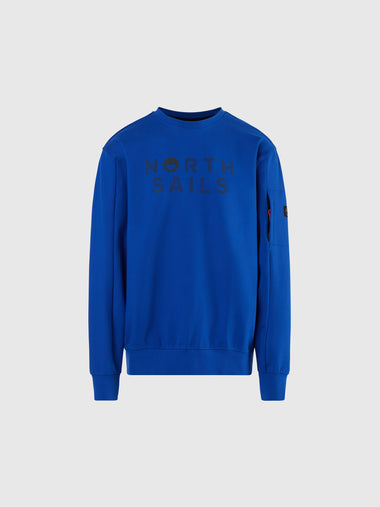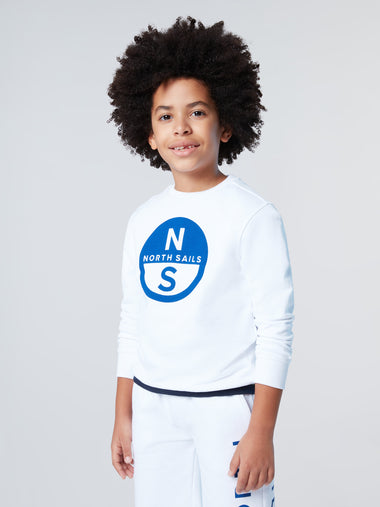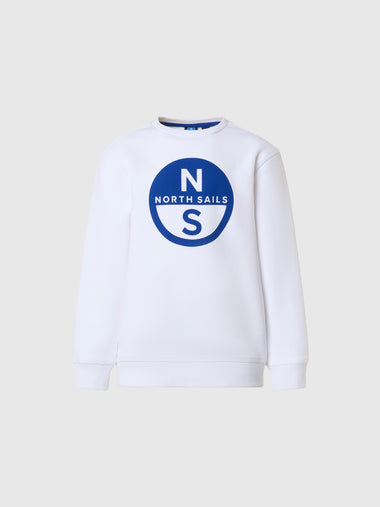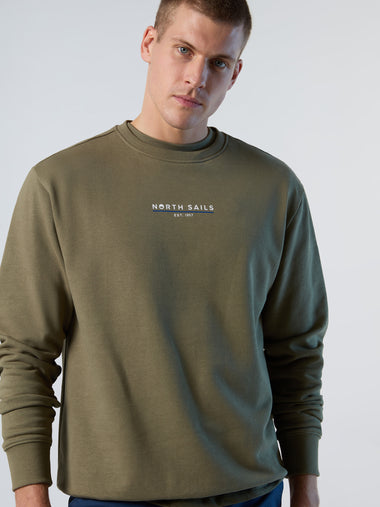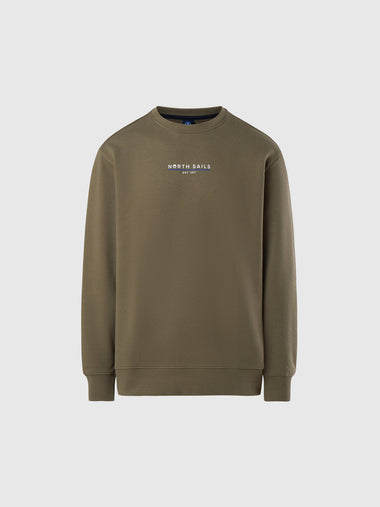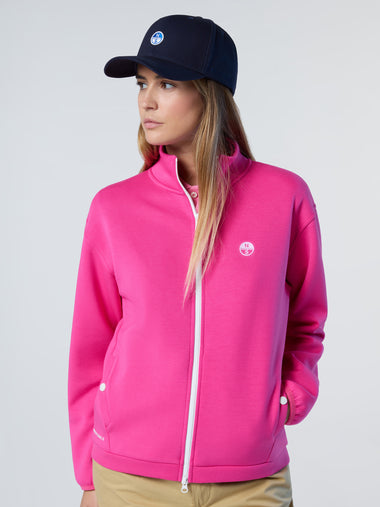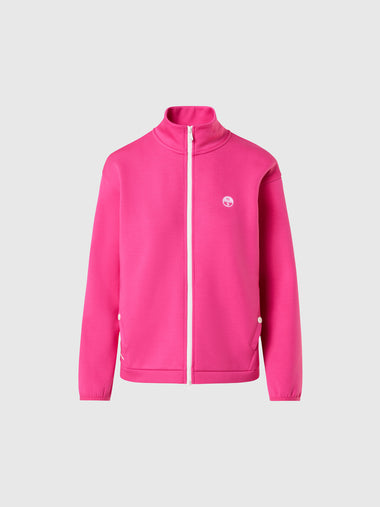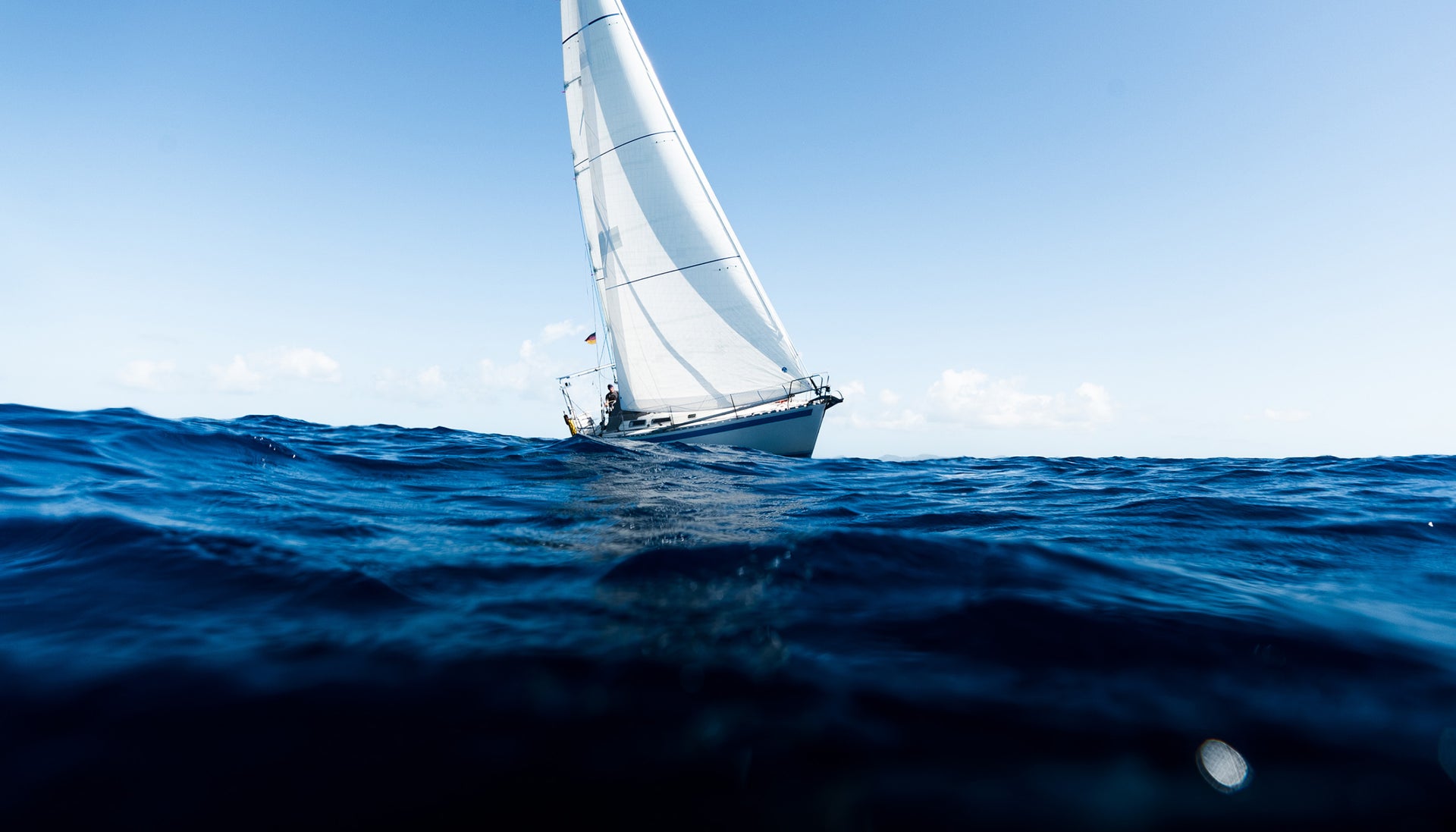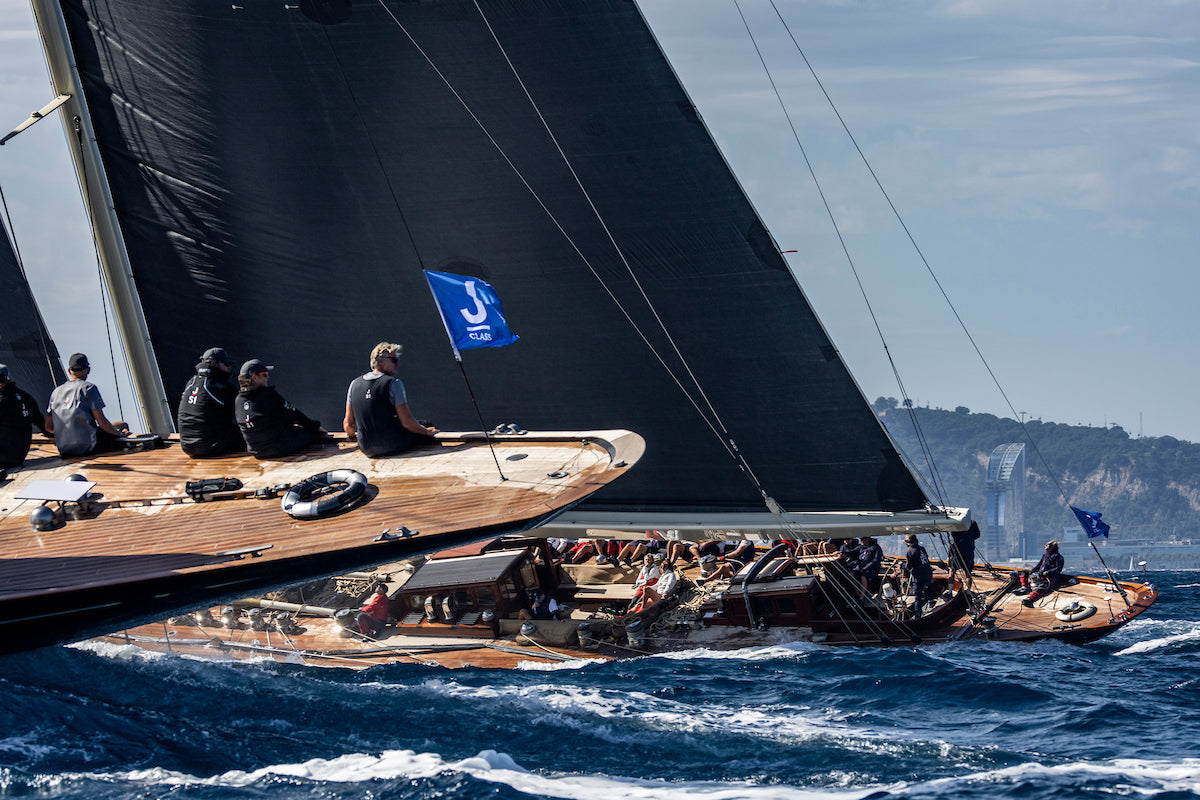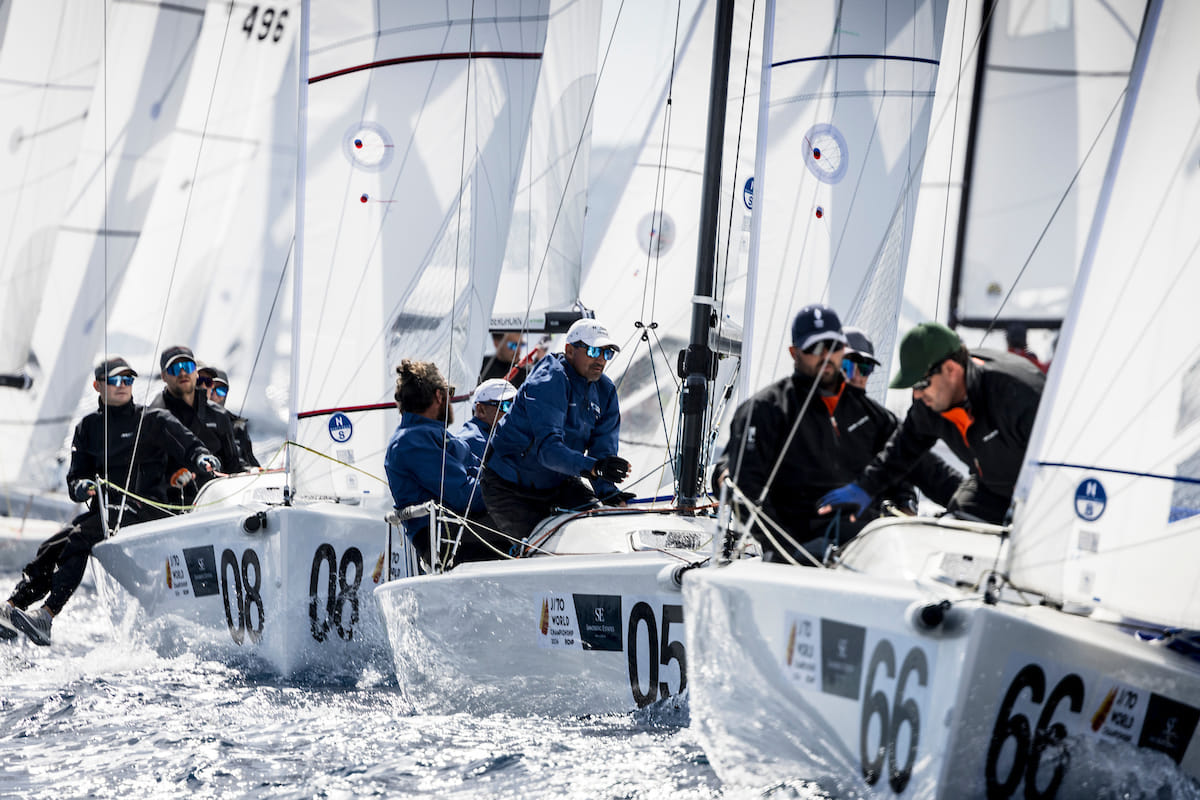VENDÉE GLOBE 2020 VIDEO SERIES: EPISODE 4
THE SOLO EXPERIENCE
On Your Own but Not Alone

Singlehanded ocean racing is demanding and not for the faint of heart. It is a profession that requires a certain state of mind and a great ability to adapt. “It may not sound like much but being alone changes your state of mind,” says Clarisse Crémer, who is taking part in her first Vendée Globe. In addition to taking on all the roles on board and managing your mind, stress, sleep and the unexpected, you also have to accept that you are not always at 100%,” admits Kevin Escoffier, who is embarking on his first solo circumnavigation after many years as an ocean racing crew member. “If the wind is different from what is expected, you have to deal with it and choose sleep over perfection for a few hours.”
Today, ocean racing has become much more competitive than it was in the early days of the regattas. Modern boats are equipped with an impressive technological arsenal that almost forces skippers to hide inside their boat and think about their strategy all the time.
In this fourth episode, Loïck Peyron looks back at the history of sailors venturing onto the sea. This week’s special guests include Escoffier, Jean Le Cam, and Vendée Globe rookie Clarisse Crémer, who will soon be departing for the solo, non-stop, and without assistance competitive journey around the world.
